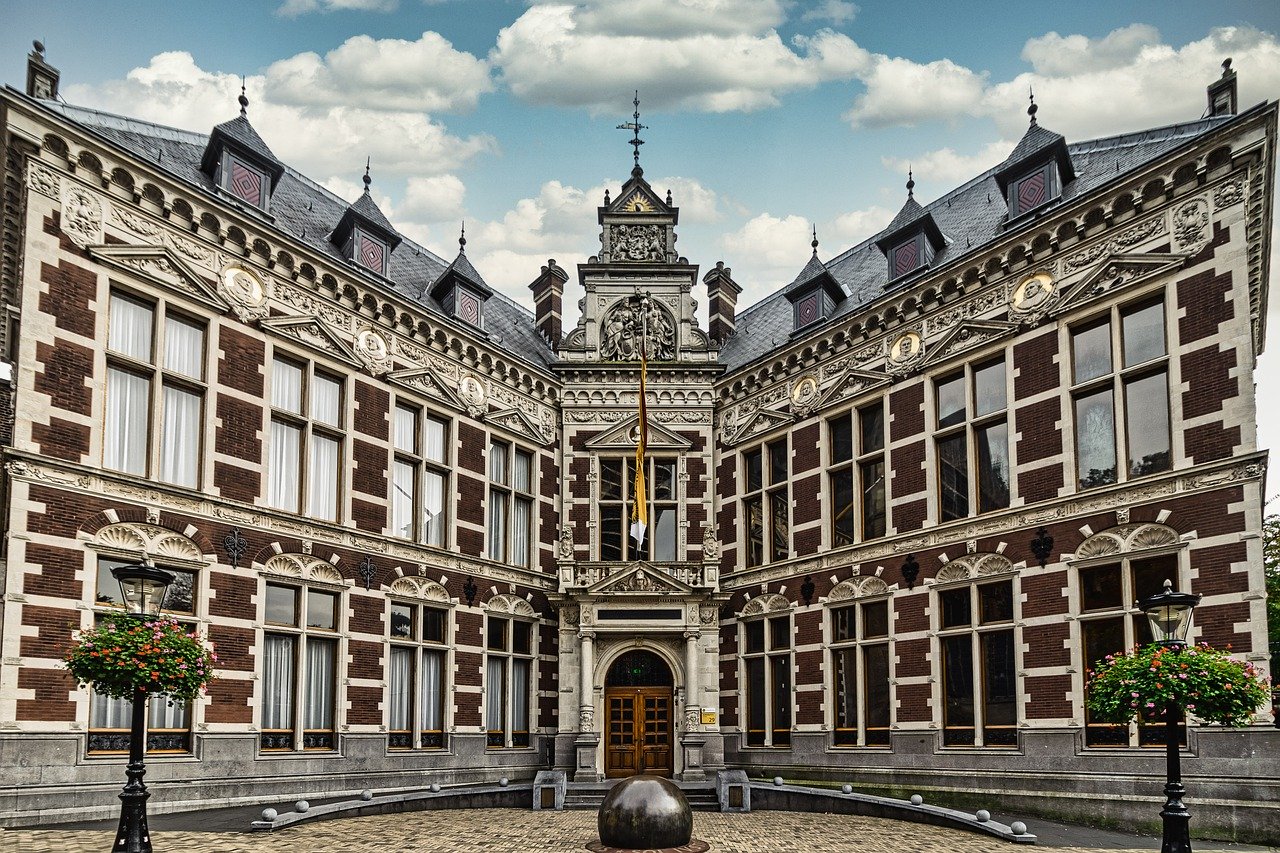Tie Content and Individual Outcomes in Organizations

I organized a session during SUNBELT 2018 on tie content and individual outcomes in organizations. During the session, five authors presented their papers in which they explore the type of relationships that employees have with each other and their effects on outcomes such as creativity and conflict.
The broader goal of this session was to zoom in on the content of ties and explore how individual outcomes and network characteristics differ based on the type of relationship that people have with each other. Researchers acknowledge the fact that prior work has mainly focused on network structure at the expense of content, and that it is important to further develop our understanding of the different types of dyadic phenomena and their consequences.
The session took place on Sunday, July 1 from 10:40 to 12:20 in the Maskeradezaal room of the Academiegebouw in Utrecht.
I want to thank all participants for their presentations!
Session Schedule:
10:40-11:00 | Relational environments of creativity: Examining multiplex networks of creative interaction, criticism, and perceived performance.
Seungyoon Lee, Purdue University, United States.
11:00-11:20 | The benefits of power asymmetry on dyadic creative performance: the moderating effect of Simmelian ties.
Martha Topete, University of Amsterdam, Netherlands.
11:20-11:40 | Workplace friendships: The interplay between task and affective ties.
Natalie David, University of Freiburg, Germany.
11:40-12:00 | Project effectiveness and organizational conflict: a longitudinal network approach.
Rustam Kamalov, NRU HSE International Laboratory for Applied Network Research, Russia.
12:00-12:20 | Is It All About The Money? Gossip Induced by Discrepancies in Perceptions of Salaries and Informal Undermining in Organizations.
Károly Takács, MTA TK “Lendület” Research Center for Educational and Network Studies (RECENS), Hungarian Academy of Sciences, Hungary.
Related Posts
Research Talks
I gave a virtual presentation to the Social Network Analysis Discussion Group of the University of Saskatchewan on brokerage, innovative performance and necessary condition analysis

Service Conference Tracks
This sub-theme explores the dynamic tension between networks and agency in organizations—how social structures shape action, and how actors influence social structures.

Research Talks
A presentation of a study showing that closed networks serve as social straitjackets that prevent employees from achieving high levels of innovative performance.

Research Talks
A presentation of a study showing that closed networks serve as social straitjackets that prevent employees from achieving high levels of innovative performance.